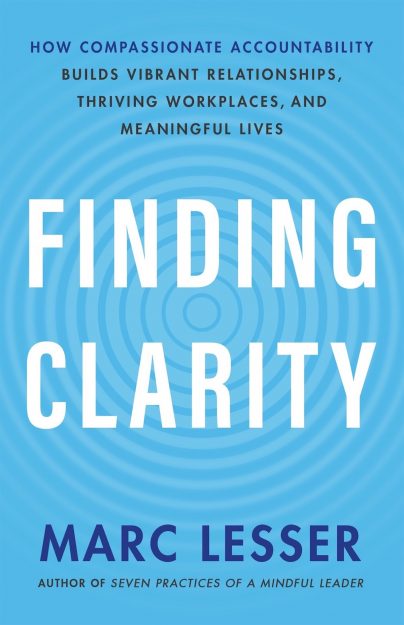“What’s the best way to work with difficult people?”
This is one of the most common questions I hear while leading mindful leadership trainings inside of companies or during public leadership workshops. Whenever I’m asked this question, I become curious. Very curious.
I like to make eye contact with the person asking the question to try to see if the person is aware that they, too, are at times one of those “difficult people.” The question itself can be a subtle form of taking on the role of a victim, since it implies that the person might be blind to how they themselves can be negatively perceived by others. By labeling certain people or behaviors as “difficult,” the question is making a judgment, and it echoes our “inner Homer” tendency to not want to be held accountable for our own role in “difficult” relationships.
Sometimes I even ask the person directly, “Are you, at times, one of those difficult people?”
An important and fundamental distinction to make is between “difficult people” and behaviors or actions that we find difficult. This particular pattern, of labeling difficult behavior as a kind of “character flaw,” is so pervasive that it has a name: attribution error. This refers to how, when someone does something that hurts or angers us, we tend to judge that person’s entire character. They become, in our minds, that label. And once we label them a “difficult person,” all their actions fit under that umbrella. I suppose, from an evolutionary perspective, this is an effective process of protecting ourselves and defending our tribe from those “others” who pose a threat—that is, those with specific unwanted “character flaws.”
An important and fundamental distinction to make is between “difficult people” and behaviors or actions that we find difficult.
A strange and rather pervasive human behavior pattern is that we tend to judge others by the impact their actions have on us. We judge ourselves by our intentions.
This process—from feeling the impact of another person’s behavior on us to drawing conclusions and assigning labels—happens quickly, often outside our conscious thinking or choice. Not only does it apply to individuals, attribution error can quickly and easily expand to much larger groups. Within companies, sales groups can form judgments about the operations team; customer service groups can judge marketing teams. Staff employees can judge leadership teams, and leaders can judge staff. In our wider world, we label someone who changes lanes without signaling a “bad driver,” someone who arrives late to the office a “lazy employee,” someone who cuts in line at the store a “rude person,” and so on.
For a variety of reasons, people can label whole categories of “others” —white people and Black people, Democrats and Republicans, Jews and Muslims—as angry, ungrateful, stupid, untrustworthy, dangerous, and on and on, all based on profoundly powerful attribution errors.
Often the process begins with an underlying belief or judgment that we’ve heard from those we work with or grew up with. At times it begins with feeling hurt, uneasy, or threatened—a simple “ouch.” Someone says something or does something and we respond by feeling hurt, angry, put down, or not seen. This reaction can arise with how someone looks at us.
The practice of finding more clarity within ourselves and employing compassionate accountability begins with becoming more curious about these reactions and why they have arisen. Skillfully engaging in the practice “be curious, not furious” means to feel and act with a sense of greater safety, instead of scanning for threats. It means to feel more satisfied instead of focusing on what is lacking or needed. It means to feel and act with a greater sense of connection, not disconnection. It also means developing effective strategies for working more skillfully with strong emotions.
♦
Excerpted from the book Finding Clarity: How Compassionate Accountability Builds Vibrant Relationships, Thriving Workplaces, and Meaningful Lives ©2023 by Marc Lesser. Printed with permission from New World Library — www.newworldlibrary.com.

Thank you for subscribing to Tricycle! As a nonprofit, we depend on readers like you to keep Buddhist teachings and practices widely available.
